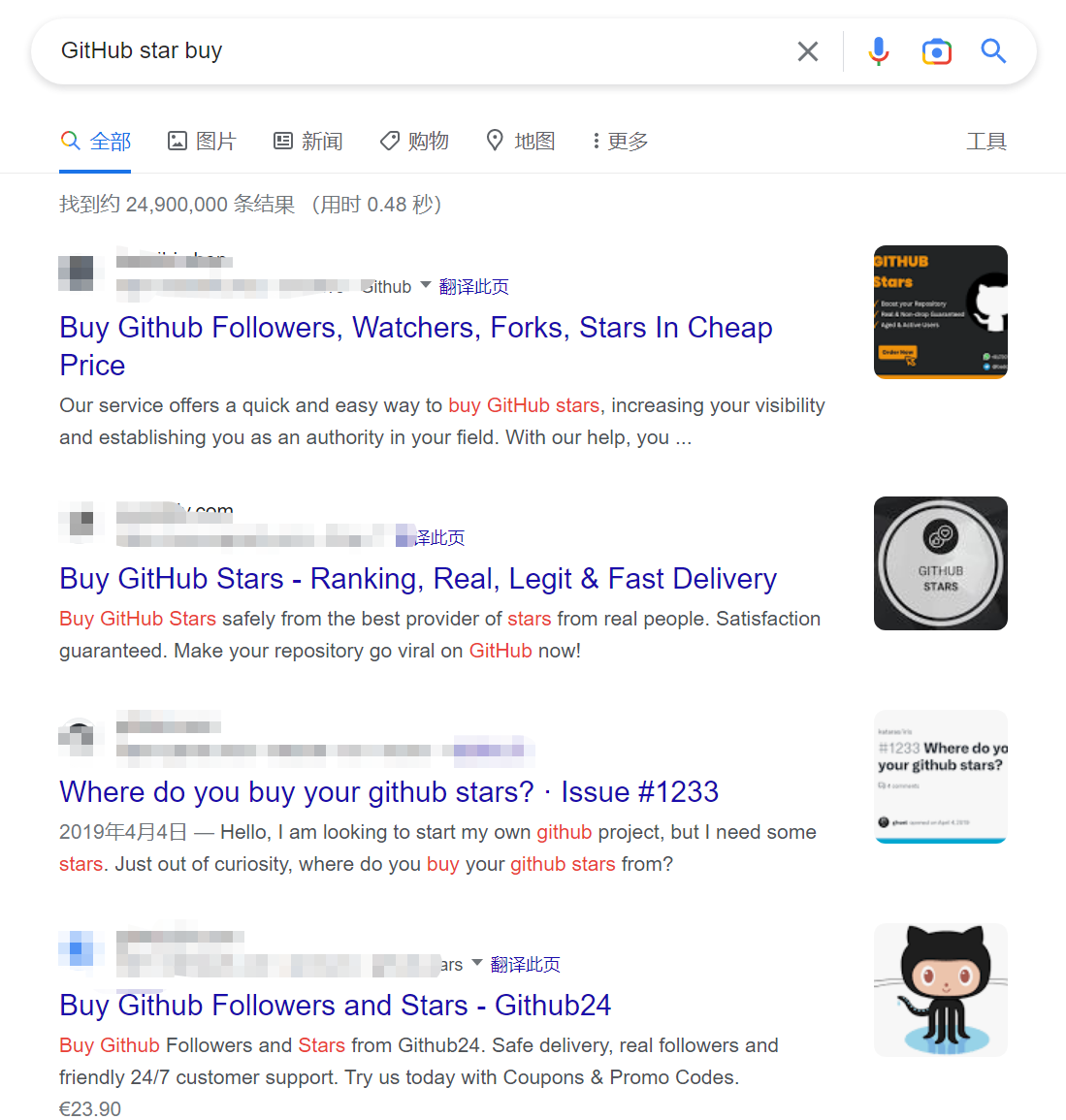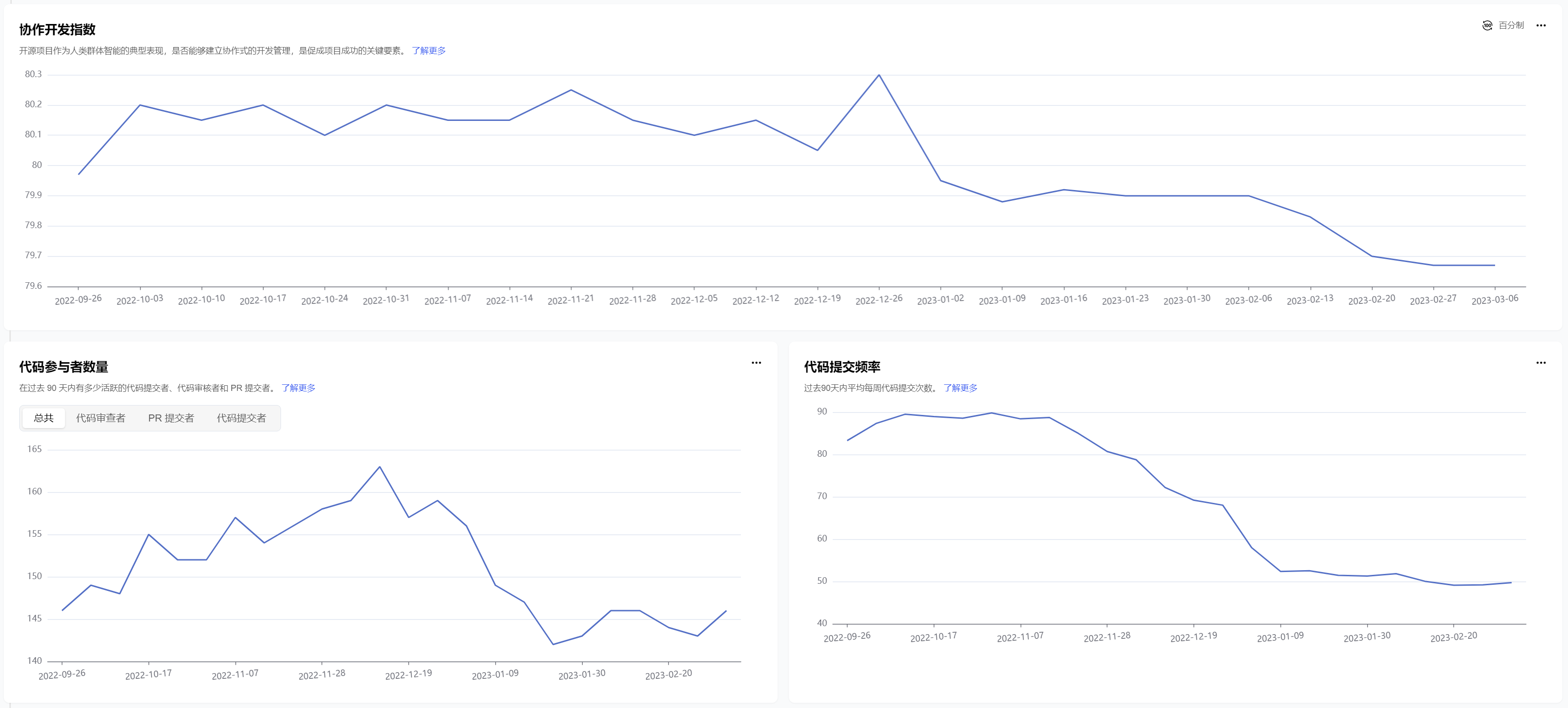There are always some open source projects, the number of stars rises as soon as the code is passed, breaking hundreds in a day, and breaking thousands in a few days.
Anyone with a discerning eye can see that these Stars are fake. And buying Star is not a secret business, Google searched a lot, clearly marked the price, no deception:

The open source orchestration platform Dagster conducted some research on this. They built a GitHub warehouse (frasermarlow/tap-bls) for experiments, and then bought stars from two channels:
A month later, all the Stars of GitHub24 survived, and a quarter of Baddhi’s Stars were deleted by the GitHub team, but three quarters remained.

It can be seen that the hosting platform is actually unable to fully identify the Stars that are swiping orders. Under such circumstances, the number of Stars has long been unable to serve as a standard for evaluating an open source project and its community.
At this time, we can try to use some comprehensive open source project evaluation systems, such as the National Industrial Information Security Development Research Center, Open Source China, Nanjing University, Huawei, Peking University, a new generation of artificial intelligence open source open platform (OpenI), Baidu, Tencent open source and other well-known institutions jointly initiated the “Open source compass OSS Compass“.
OSS Compass is a platform for open source ecological health assessment. It is open to all open source projects on platforms such as GitHub and Gitee. Just enter the warehouse name or community name on the GitHub or Gitee hosting platform to fully display the health of the warehouse or project. status, the method of operation is very simple.
The evaluation criteria of OSS Compass include three dimensions of productivity, robustness, and innovation, covering 14 indicator models, which can comprehensively display various indicators of an open source project:


#price #cabbage #star #open #source #project #easily #break #ten #thousand #stars #News Fast Delivery